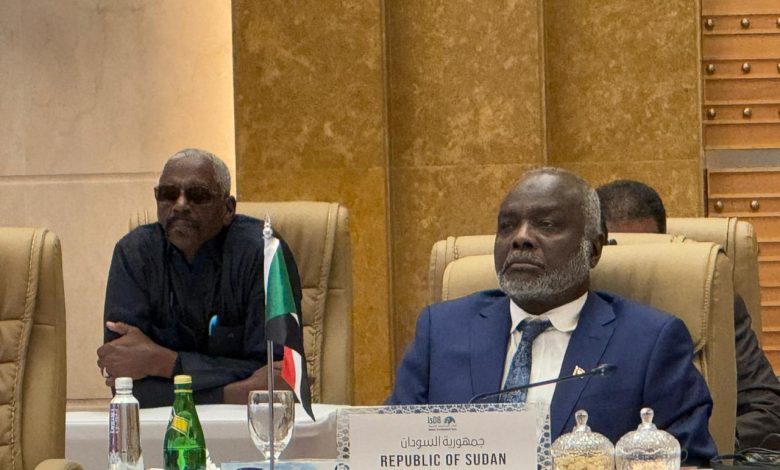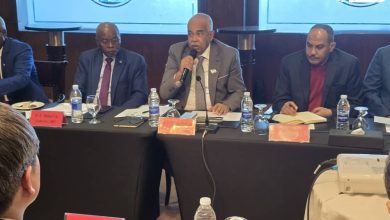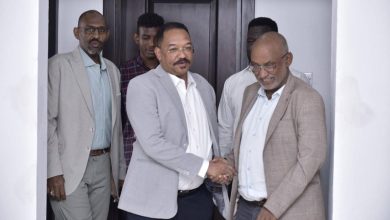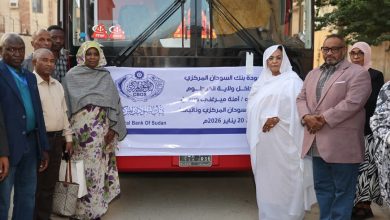Minister of Finance Calls on the Islamic Development Bank Group to Focus on Digital Transformation

Sudan Events – Follow-ups
Jibril Ibrahim, Minister of Finance and Economic Planning and Governor for Sudan at the Islamic Development Bank Group, addressed the governors’ consultative meeting to discuss the bank’s strategy for the period 2026-2035, held in Medina, Saudi Arabia.
He called for the strategy to focus on digital transformation, artificial intelligence, and keeping pace with global developments in the sector. He also emphasized investment in clean energy, addressing energy deficits, mitigating the negative effects of climate change, and focusing on fragile countries suffering from conflicts by building an effective humanitarian response strategy and providing adequate resources for the Islamic Solidarity Fund to finance these countries.
The Minister stressed the importance of finding mechanisms to address arrears in member countries with exceptional circumstances to prevent delays in their projects financed by the bank.
Dr. Jibril expressed dissatisfaction with the bank’s weak humanitarian response to Sudan’s current situation, which is suffering from ongoing conflict and its impact on the citizens. He criticized the bank for suspending funding for vital projects in Sudan, such as those in health, education, and water, due to arrears, despite the bank’s previous support for Sudan. He urged the bank to understand the reality of countries in exceptional situations and emphasized the need to focus on achieving sustainable development goals in member countries to prevent some of them from falling behind.
He also stressed the importance of small and medium-sized enterprises that create jobs, reduce unemployment, and contribute to economic security. The Minister emphasized the need for infrastructure projects to enhance trade exchanges between member countries, such as the Port Sudan-Dakar railway project, which was approved in the 2021-2023 annual meeting of the bank.
The Minister expressed hope that the bank would send a team to assess the damage to infrastructure in Sudan due to the war and adopt the bank’s call for the country’s reconstruction after the war ends, reassuring that it would soon come to an end.



